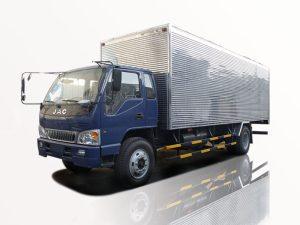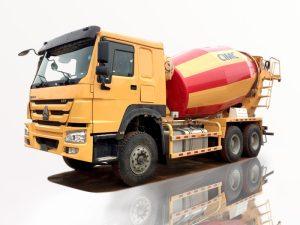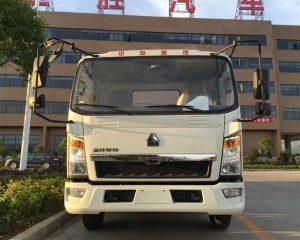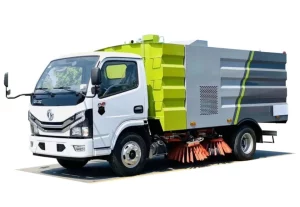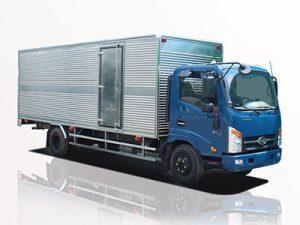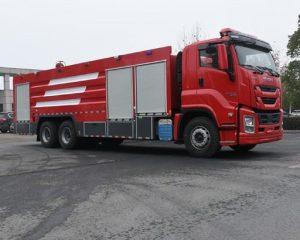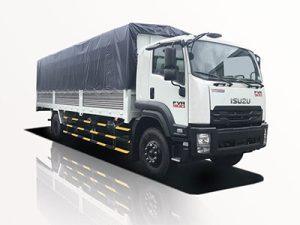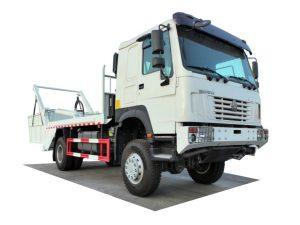Monday to Saturday - 8:00 -17:30
Another Word for Motorhome: Exploring Alternatives and Related Terms
The road trip enthusiast and travel lovers often seek the comforts of home while exploring the beauty of the outdoors. This brings us to the versatile vehicle known as a motorhome. While ‘motorhome’ is the most commonly used term, many other words and phrases can describe similar vehicles or concepts. This article aims to explore synonyms for motorhome, provide context for their usage, and offer guidance for those considering travel by these vehicles. Whether you are a seasoned traveler or a curious newcomer, understanding the various terms associated with motorhomes will expand your knowledge and enhance your travel experiences.
Understanding the Concept of a Motorhome
A motorhome is a type of recreational vehicle (RV) designed to provide living accommodations similar to those found at home. They typically include areas for sleeping, cooking, eating, and bathing. The convenience of a motorhome allows travelers to enjoy the open road with the comforts of home.
Types of Motorhomes
| Type of Motorhome | Description | Examples |
|---|---|---|
| Class A | Large and luxurious, often resembling a bus. | Luxury RVs, Prevost |
| Class B | Compact and easy to drive, also known as camper vans. | Ford Transit, Mercedes Sprinter |
| Class C | Mid-sized and built on a truck chassis, with a distinctive over-cab bed. | Coachmen, Winnebago |
Alternatives to the Word Motorhome
Synonyms for Motorhome
Here are some common synonyms and alternative terms for motorhome:
- Recreational Vehicle (RV)
- Camper
- Camper Van
- Trailer
- Travel Trailer
- Temporary Home
Understanding RV as a Broader Term
The term RV, or Recreational Vehicle, encompasses motorhomes along with other types of vehicles designed for travel and accommodation. This includes trailers, fifth wheels, and campers. The key feature that categorizes an RV is its ability to provide essential living amenities for travelers.
The Differences Between Motorhomes and Other RVs
Comparison of Key Features
While the term motorhome refers specifically to self-propelled recreational vehicles, other types may require towing by a separate vehicle. Below is a comparison of motorhomes and other types of RVs:
| Feature | Motorhome | Travel Trailer | Fifth Wheel |
|---|---|---|---|
| Self-Propelled | Yes | No | No |
| Towing Required | No | Yes | Yes |
| Living Space | Integrated living space | Separate from towing vehicle | Separate from towing vehicle but larger living space |
| Driving Experience | Similar to driving a bus | N/A | N/A |
Choosing the Right Vehicle
Factors to Consider When Selecting a Motorhome or RV
When choosing a motorhome or its alternatives, several factors should be considered to ensure it meets your travel needs:
- Size: Consider how many people will travel and the space required.
- Budget: Determine how much you can spend on purchase, maintenance, and fuel.
- Usage: Decide if you will be traveling occasionally, seasonally, or full-time.
- Amenities: Assess whether you need a full kitchen, bathroom, or ample sleeping space.
- Driving Comfort: Consider your comfort level when driving larger vehicles.
Practical Tips for First-Time Buyers
For those purchasing their first motorhome or RV:
- Take test drives to gauge driving comfort.
- Research brands and models for reliability and user satisfaction.
- Consider renting before buying to evaluate features.
Traveling in a Motorhome: Tips for an Enjoyable Experience
Planning Your Route
When you are ready to travel in a motorhome, careful planning can enhance your experience:
- Research Destination: Check for RV-friendly locations, parks, and facilities.
- Map Your Stops: Plan rest stops and overnight locations along your route.
- Weather Updates: Stay informed about weather conditions in your travel area.
Staying Connected
Staying connected while on the road is essential:
- Internet Access: Consider a mobile hotspot or check for RV parks with Wi-Fi.
- Navigation Apps: Use apps designed for RV travel for route planning and rest stop locations.
Maintaining Your Motorhome
Regular Maintenance Tips
Maintenance is essential for the longevity and safety of your motorhome:
- Check Fluids: Regularly check oil, coolant, and brake fluid levels.
- Tire Maintenance: Monitor tire pressure and tread for safe travel.
- Battery Care: Ensure the battery is charged and connections are clean.
Yearly Inspection and Repairs
Consider scheduling a yearly inspection by a professional to identify potential issues early. Some key areas to focus on include:
- Roof leak checks
- Appliance functionality
- Brakes and suspension system
Environmental Considerations
Eco-Friendly RV Practices
Being conscious of the environment is vital, even while enjoying the great outdoors:
- Waste Management: Use proper dump stations for sewage waste and recycle whenever possible.
- Water Conservation: Use water sparingly and consider holding tanks for gray water.
Choosing Green Options
Look for motorhomes and RVs with eco-friendly features, such as:
- Solar panels for renewable energy
- High fuel efficiency
- Materials that are sustainable and low emissions
Frequently Asked Questions
What Is the Difference Between a Motorhome and a Camper?
A motorhome is a self-propelled vehicle offering living accommodations, while a camper typically refers to a unit that you tow behind a vehicle or a basic camping setup.
Are Motorhomes Expensive to Maintain?
Maintenance costs vary based on size, brand, and repair needs. Regular maintenance can help minimize costs over time.
Can I Use a Motorhome in Winter?
Yes, but it’s essential to winterize your motorhome to avoid freezing pipes and other related issues.
Do Motorhomes Require Special Insurance?
Yes, motorhome insurance is specialized and often includes liability, collision, and coverage for personal belongings.
Is It Safe to Travel Alone in a Motorhome?
Traveling alone in a motorhome can be safe with proper precautions, such as staying in well-reviewed campgrounds and maintaining communication with friends or family.
Can I Live in a Motorhome Full-Time?
Many people choose to live full-time in a motorhome, but it’s important to consider zoning laws, resources for living needs, and the cost of RV parks or land.


